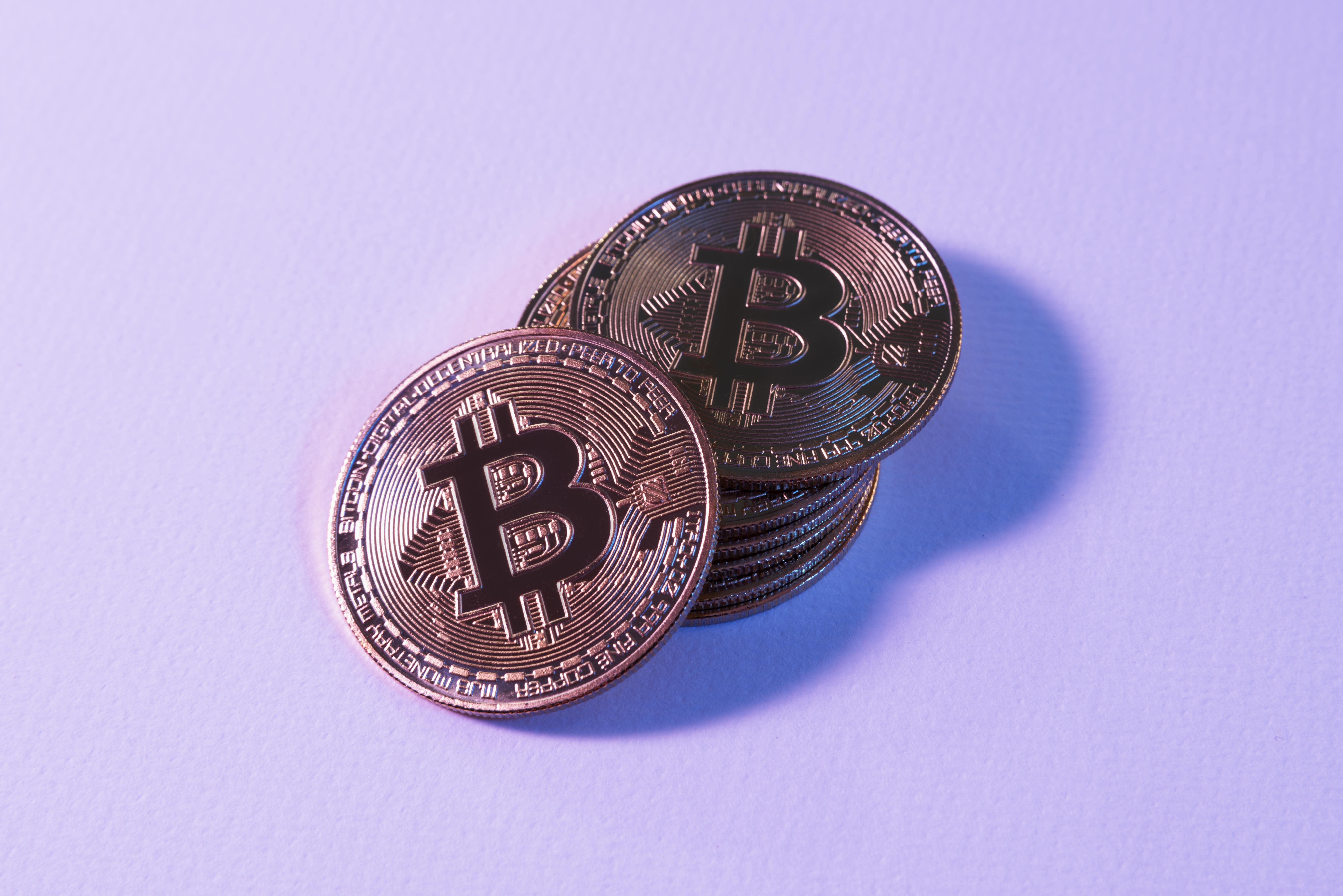Entering the world of crypto for a newbie can be quite overwhelming and terrifying… Which is exactly why we at Blockstar Marketing have put together this comprehensive glossary to help you understand the fundamentals better. Get ready to learn some of the most common terms in this digital space!
#
- 51% Attack: If more than half the computer power or mining hash rate on a network is run by a single person or a single group of people then a 51% attack can happen. This means an entity has full control of the network and can negatively affect a cryptocurrency by taking over mining operations, stopping or changing transactions and double-spending coins.
A
- Account: A public and private key pair that holds your funds on the blockchain. Actor: Any entity that is capable of participating in an action or a network.
- Address: A crypto coin address is a long string of alphanumeric characters used to send, receive and hold digital currency. An address is often tied to a digital currency wallet which is public.
- Airdrop: A token distribution method used to send cryptocurrency or tokens to wallet addresses. Airdrops are sometimes used for marketing purposes in exchange for tasks like shares, referrals or downloads.
- Altcoin: Any digital currency alternative to Bitcoin.
B
- Bitcoin: The world’s first decentralized cryptocurrency
- Block: Crypto transactions are combined into single blocks and every 10 minutes, a new block of about 1MB in size is created. Every block contains a timestamp, reference to the previous block, a summary of transactions and proof of work that went into creating the secure block.
- Blockchain: A public digital ledger of past transactions in order. It is called blockchain because it is a chain of blocks in a hash-linked data structure. This ledger is stored on a decentralized network.
- Bounty: A reward offered for exposing vulnerabilities and issues in computer code. It can also be an incentive in order to encourage the completion of a task.
- Bytecode: This is a low-level computer language that can only be processed by a computer.
C
- Client: An application that gives a user access to the blockchains and/or decentralized exchanges via a local computer. A client helps process transactions and usually includes a cryptocurrency wallet as well.
- Coin: A cryptocurrency coin is a representation of a digital asset value that is generated via its own independent blockchain.
- Confirmation: When a network verifies a blockchain transaction. Consensus: A process used by nodes on a blockchain network to agree on the validity of transactions submitted to the network.
- Crypto: technologies that are underlain by cryptographic tools and processes.
- Cryptocurrency: Digital currency that is based on mathematics and uses encryption techniques to regulate the creation of units of currency as well as verifying the transfer of funds. Cryptocurrencies operate independently of a central bank and are kept track of using distributed ledger technology.
- Cryptography: The use of math and logical problem solving to encipher or decipher encoded messages.
D
- DAPP: A decentralized application that can retrieve data from a blockchain network.
- Decentralization: The transfer of authority and responsibility from a centralized organisation, government, or party to a distributed network.
- Decentralized: The entire blockchain (record of transactions) is shared among all the computers of the network. No single authority controls it.
E
- Encryption: This is a process that combines the text to be encrypted with a shorter string of data referred to as a ‘key’ in order to produce an ‘output’. This ‘output’ is then decrypted by another ‘keyholder’ back into the original text.
- Entropy: Refers to randomness. In blockchain, the more random something is, the more entropy it has.
- Epoch: This is a measure of time or blockchain progression. For example, on the Ethereum Chain, an epoch consists of 32 slots, each lasting 12 seconds, meaning each epoch is 6.4 minutes.
- Ether: The native currency of the Ethereum blockchain network. Also referred to as ETH.
- Ethereum: A public blockchain network and decentralized software platform upon which developers build and run applications.
- Exchange: A place to trade cryptocurrency, usually operated by crypto companies functioning as intermediaries.
F
- Fiat: Fiat currency is a government-issued currency such as US dollars (USD), Euros (Eur) or Pound Sterling.
- Fork: A fork creates an alternative version of a blockchain and are often applied to upgrade networks.
G
- Gas: a measure of the computational steps required for a transaction on a blockchain.
H
- Hashcash: This is a proof tool for blockchains. Hashcash uses an algorithm to formulate data that is difficult to produce using computation work but is easy for others to verify during transactions.
I
- Immutability: When the information within a block cannot be altered without producing a change in the subsequent blocks, thus creating a mismatch in the embedded digital signatures























